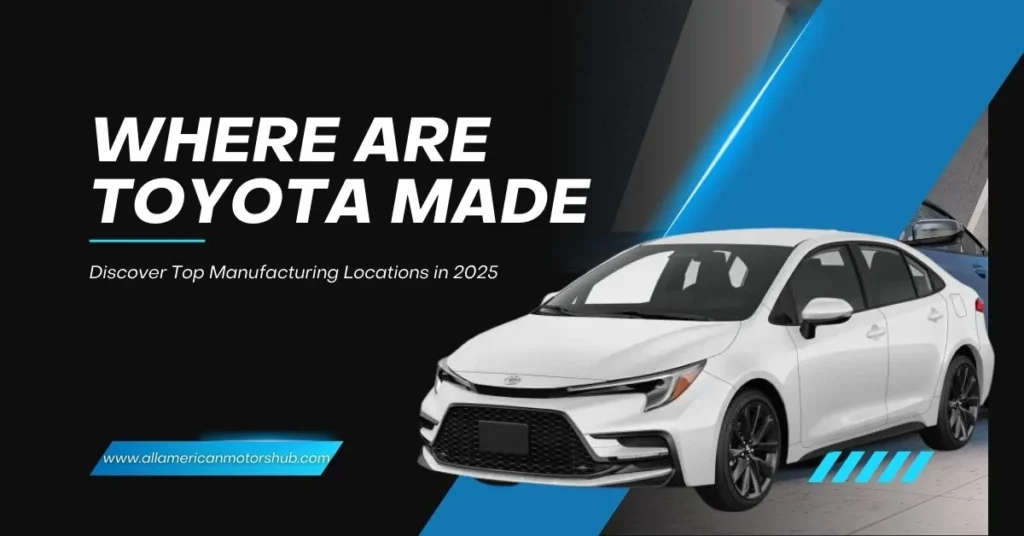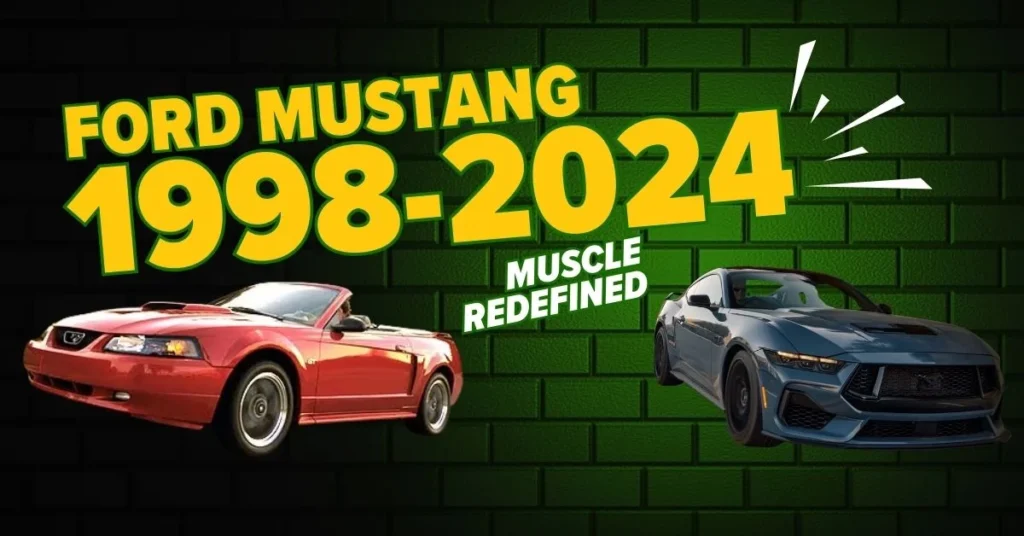Toyota is one of the most recognized car brands worldwide, known for reliability, innovation, and durability. If you’ve ever wondered “where are Toyotas made?”, you’re not alone. Understanding Toyota’s manufacturing locations can help you make informed decisions, whether you’re buying a new car or sourcing used engines and transmissions in the USA.
Table of Contents
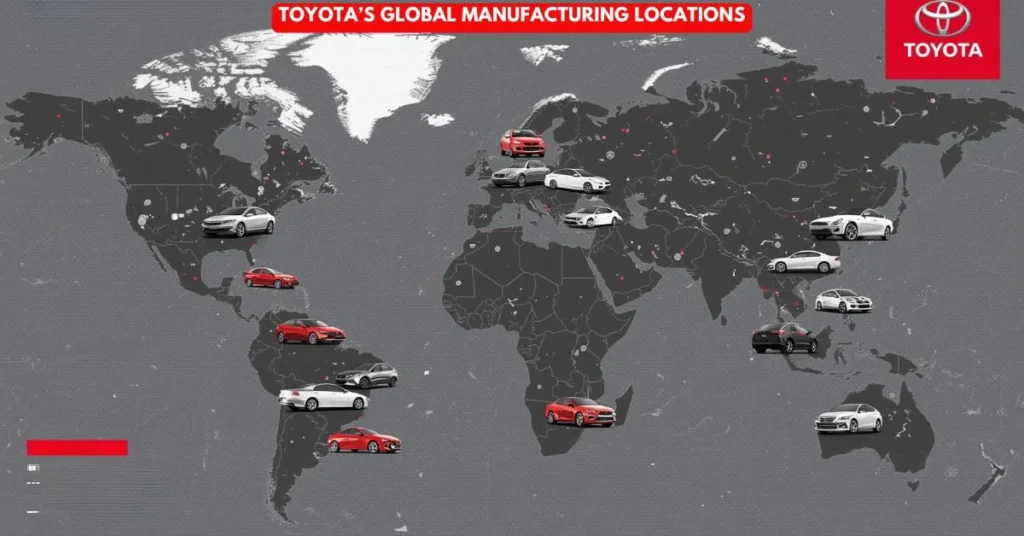
Toyota’s Global Manufacturing Locations
Toyota has a vast network of factories across the world. Here’s a simplified breakdown of key regions:
| Region | Countries | Notable Toyota Plants | Key Models Produced |
| North America | USA, Canada, Mexico | Kentucky, Texas, Indiana, Ontario | Camry, Corolla, Tacoma, Tundra |
| Asia | Japan, Thailand, Indonesia, India | Toyota City (Japan), Tsutsumi Plant | Prius, Land Cruiser, Hilux |
| Europe | UK, France, Turkey | Burnaston (UK), Sakarya (Turkey) | Yaris, Corolla |
| South America | Brazil, Argentina | Sorocaba (Brazil), Zárate (Argentina) | Corolla, Hilux |
| Africa | South Africa | Durban Plant | Corolla, Hilux |
Pro Tip: If you’re sourcing used Toyota engines or transmissions in the USA, it’s helpful to know that most popular models like the Camry, Corolla, and Tacoma are manufactured domestically, making parts more readily available.
If you’re curious about Toyota Small Pickup Ford Maverick Rival, check out this blog on Toyota’s small pickup truck vs the Ford Maverick.
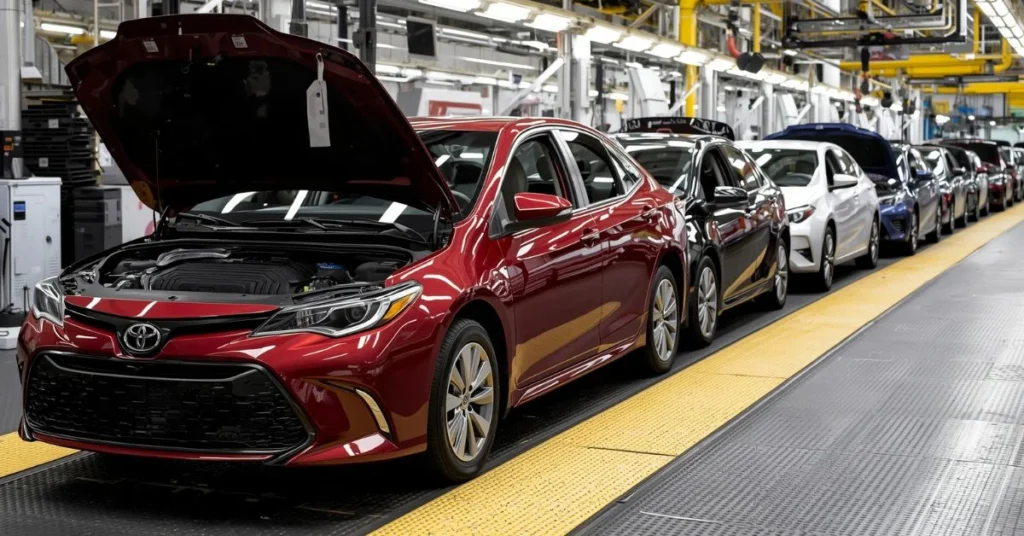
Toyota Manufacturing in the USA
Toyota has a strong presence in the United States, producing millions of vehicles each year.
| U.S. Plant | Location | Year Established | Main Models Produced |
| Toyota Motor Manufacturing Kentucky (TMMK) | Georgetown, KY | 1988 | Camry, Avalon, Lexus ES |
| Toyota Motor Manufacturing Texas (TMMTX) | San Antonio, TX | 2006 | Tundra, Tacoma |
| Toyota Motor Manufacturing Indiana (TMMI) | Princeton, IN | 1996 | Sienna, Highlander, Sequoia |
| Toyota Motor Manufacturing Mississippi (TMMMS) | Blue Springs, MS | 2011 | Corolla |
| Toyota Motor Manufacturing West Virginia (TMMWV) | Buffalo, WV | 1998 | Engines & Components |
Key Takeaways:
- Most mainstream Toyota models sold in the U.S. are made domestically.
- U.S.-made Toyotas often have easier access to replacement parts, including engines and transmissions.
- Older models may come from Japanese or other international plants, which can affect availability and price of used parts.
- For those interested in sourcing parts, you can find quality used engines to fit your Toyota needs at All American Motors Hub.
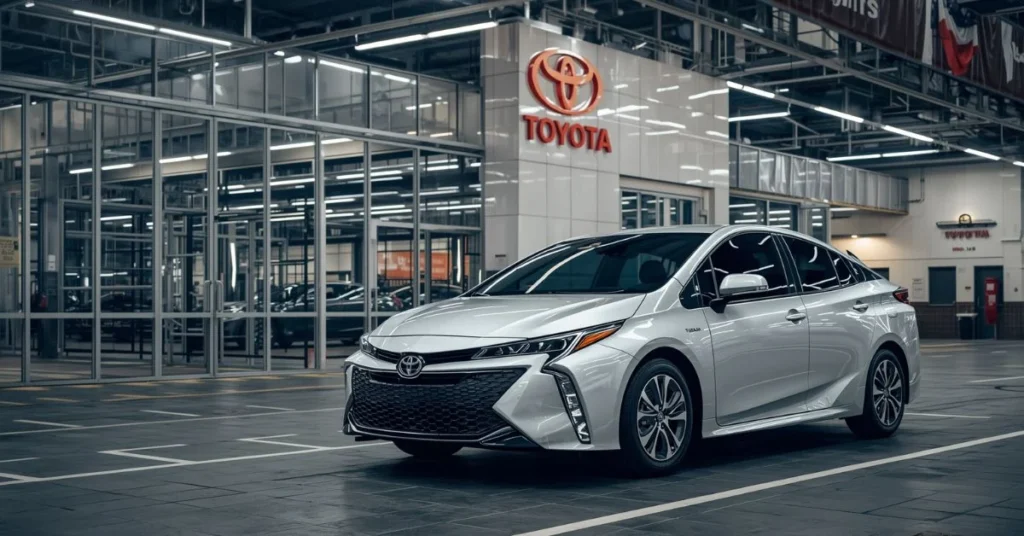
Toyota Manufacturing in Japan
Japan remains Toyota’s manufacturing headquarters, where the company produces its most advanced vehicles and develops new technologies.
Major Japanese Manufacturing Centers
| City/Prefecture | Primary Function | Notable Models |
| Toyota City | Global headquarters | Prius, Crown, Century |
| Tahara | Luxury vehicles | Lexus LS, LC, RC |
| Miyata | Compact cars | Yaris, Aqua |
| Motomachi | Sports cars | GR Supra, GR86 |
| Yoshiwara | Commercial vehicles | Hiace, Dyna |
International Toyota Manufacturing Locations
Europe
Toyota operates several key facilities across Europe to serve the regional market:
| Country | Location | Models | Capacity |
| United Kingdom | Burnaston | Corolla, Corolla Touring Sports | 180,000/year |
| France | Valenciennes | Yaris | 300,000/year |
| Czech Republic | Kolin | Aygo (discontinued), Yaris Cross | 300,000/year |
| Turkey | Sakarya | Corolla, C-HR | 150,000/year |
Asia-Pacific Region
Toyota’s extensive Asian network serves growing markets:
| Country | Key Locations | Focus Areas |
| Thailand | Gateway, Ban Pho | Hilux, Fortuner, Camry |
| Indonesia | Karawang | Avanza, Rush, Vios |
| India | Bangalore | Innova, Fortuner, Camry |
| China | Tianjin, Guangzhou | Camry, Corolla, RAV4 |
How to Identify Where Your Toyota Was Made
Understanding your Toyota’s manufacturing origin is crucial when sourcing replacement engines or transmissions.
Vehicle Identification Number (VIN) Decoding
The first character of your Toyota’s VIN reveals its manufacturing country:
For a more detailed breakdown, you can use our VIN decoder tool to easily decode your vehicle’s VIN and discover its origin and other essential details.
| First VIN Character | Manufacturing Country |
| J | Japan |
| 1, 4, 5 | United States |
| 2 | Canada |
| 3 | Mexico |
| S | United Kingdom |
| V | France |
| T | Czech Republic |
Additional Identification Methods
- Door Jamb Label: Check the manufacturer label on the driver’s side door jamb
- Owner’s Manual: Manufacturing information is typically listed
- Window Sticker: Original window stickers show plant information
- Toyota Website: VIN lookup tools provide manufacturing details
Why Manufacturing Location Matters for Used Parts
When shopping for used Toyota engines and transmissions, the manufacturing location affects several important factors:
Engine and Transmission Specifications

| Factor | Impact on Parts Selection |
| Emissions Standards | Different regions have varying emission requirements |
| Market Specifications | Engine tuning may vary by target market |
| Component Suppliers | Local suppliers may use different part numbers |
| Quality Control | Manufacturing standards may have regional variations |
Why Knowing Toyota’s Manufacturing Locations Matters
Understanding where your Toyota was made isn’t just trivia—it’s practical. Here’s why:
- Parts Availability: Engines and transmissions are easier to source if the car was built nearby.
- Vehicle Reliability: Cars made in plants with a long history of quality control tend to perform better.
- Resale Value: U.S.-made Toyotas often retain higher resale value due to local production and parts accessibility.
Future of Toyota Manufacturing
Toyota continues to expand and modernize its global manufacturing network:
Upcoming Developments
- Electric Vehicle Plants: New facilities dedicated to EV production
- Hybrid Technology Centers: Expanded hybrid drivetrain manufacturing
- Hydrogen Facilities: Plants for fuel cell vehicle production
- Smart Manufacturing: AI and robotics integration
Investment in American Manufacturing
Toyota has committed over $13 billion in U.S. manufacturing investments, including:
- New battery manufacturing facilities
- Expanded truck production capacity
- Advanced powertrain development centers
Comparing High-Performance and Practical Engines
When considering engine options, the Hellcat engine and the Ford Focus engine serve very different needs. The Hellcat engine is a powerhouse, known for its monstrous horsepower and performance in muscle cars like the Dodge Challenger and Charger. It’s ideal for those who seek extreme performance, whether on the track or the street. With over 700 horsepower, the Hellcat is engineered for speed and power.
- On the other hand, the Ford Focus engine is designed for compact, everyday cars, emphasizing fuel efficiency and practicality. The Ford Focus is a perfect fit for city driving, offering a reliable and cost-effective engine for daily commutes and urban environments. While the Focus engine may not have the raw power of the Hellcat, it excels in handling and economical driving.
- These two engines cater to different driving preferences: if you’re after pure muscle, the Hellcat is the way to go, but for fuel efficiency and reliability in everyday driving, the Ford Focus engine stands out.
What This Means for All American Motors Hub Customers
Understanding Toyota’s manufacturing locations helps you make informed decisions when purchasing used engines and transmissions:
Benefits for Parts Buyers
- Compatibility Assurance: Knowing your vehicle’s origin ensures proper parts matching
- Quality Expectations: Understanding manufacturing standards helps set realistic expectations
- Availability Insights: Some parts may be more readily available based on production volumes
- Pricing Understanding: Manufacturing location can affect parts pricing and availability
Our Commitment at All American Motors Hub
We maintain detailed records of our Toyota engines and transmissions, including:
- Original manufacturing location information
- Compatibility data for different markets
- Quality assessments based on manufacturing standards
- Comprehensive testing results
Summary
Toyota vehicles are manufactured all over the globe, but a significant portion of popular models like the Camry, Corolla, Tacoma, and Tundra are produced in the United States. Knowing where your Toyota was made helps you understand parts availability, reliability, and even resale value.
At All American Motors Hub, we specialize in used Toyota engines and transmissions sourced from trusted U.S. plants, ensuring quality and compatibility for your vehicle.
Frequently Asked Questions
-
Where are most Toyotas sold in the U.S. made?
Most Toyotas sold in the U.S., including Camry, Corolla, and Tacoma, are produced domestically at plants in Kentucky, Texas, and Indiana.
-
Are Japanese-made Toyotas better than U.S.-made ones?
Both are high quality, but Japanese plants focus more on certain models like the Prius or Land Cruiser. U.S. plants offer easier access to parts and service for domestic buyers.
-
Can I find used engines for U.S.-made Toyotas easily?
Yes! Since popular models are produced in the U.S., used engines and transmissions are widely available and often more affordable.
-
Does the manufacturing location affect warranty or service?
Not usually. Toyota maintains consistent global quality standards. However, U.S.-made vehicles may have more convenient service options.

